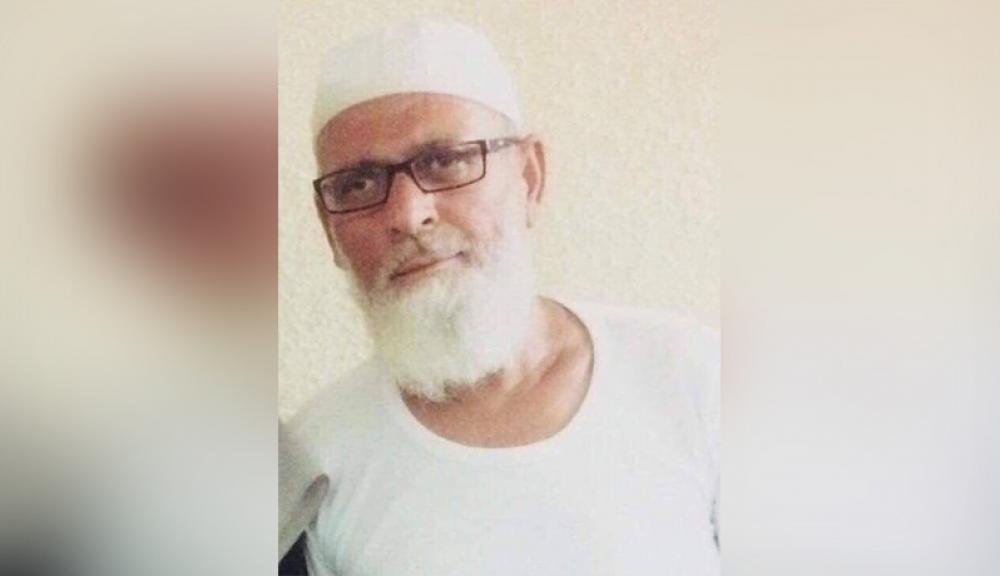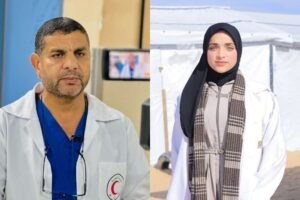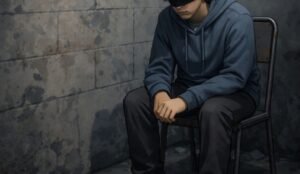Jenin – Media Office:
Abdel Rahman Salah, nicknamed “The Sheikh of Prisoners,” was not just a number in a long record of Palestinian detainees, but an extraordinary story of steadfastness that embodied the suffering of Palestinian prisoners in Israeli occupation prisons. His story exposed the brutal reality of deliberate medical neglect, systematic humiliation, and slow death.
Abdel Rahman was born in the city of Jenin in 1954 and was first arrested in June 2002 following the events of the Jenin massacre. He was sentenced to 25 years in prison. Although the years in prison weighed heavily on his thin body, they did not break his determination. He was released in 2011 as part of the “Dignity of the Free” deal, but the occupation re-arrested him in 2014, disregarding his age or health condition, and re-imposed an unjust 25-year sentence.
Inside the dark cells, Abdel Rahman lived a tragic humanitarian condition; he had only 5% vision and suffered from chronic diseases and mobility impairments. Instead of receiving medical care, he was stripped of his cane and glasses and was forced to crawl or lean against walls, while occupation soldiers mocked his disability and beat him while he was tied to a wheelchair and blindfolded, despite his near blindness.
Rasha speaks with pain:
“My father could not walk without the help of two people. When they took him to a medical appointment or a lawyer session, they would beat him and say: You’re pretending to be disabled!”
In Ramla prison hospital, which is supposed to be a medical facility, the “Sheikh of Prisoners” experienced a different kind of detention. He did not receive treatment but was subjected to severe beating, causing a serious head injury that made him lose his memory for months. Nevertheless, his family was allowed to visit him only once during his years of detention, and no medical or human rights institution was permitted to monitor his condition.
Today, after his release as part of the “Freedom Storm” deal, Abdel Rahman has not been granted full freedom. Instead, he was forcibly exiled to Cairo, where he currently resides in Palestine Hospital, struggling with illness and a weary memory far from his homeland and family. Even his son-in-law, who accompanied him to Egypt to care for him, was involved in an accident and now also needs medical care, adding more pain to the family.
The story of Abdel Rahman Salah is not an individual case; it is a stark example of what more than 15,000 Palestinian prisoners endure in the occupation prisons, where they are deprived of the most basic rights: healthy food, medical treatment, suitable clothing, rest, and dignity. Scabies, skin diseases, joint and respiratory illnesses spread among them with no medical response worth mentioning.
A message to the world:
“Save what remains of humanity in the occupation prisons.” The issue is no longer just legal or political; it is an urgent call to save lives crushed daily under neglect, racism, and cruelty.
This is the story of the Sheikh of Prisoners, Abdel Rahman Salah, which obliges us all to renew attention to the file of sick prisoners and carry this file to every international platform and forum. The prisoners do not ask for the impossible… only the minimum of life.





